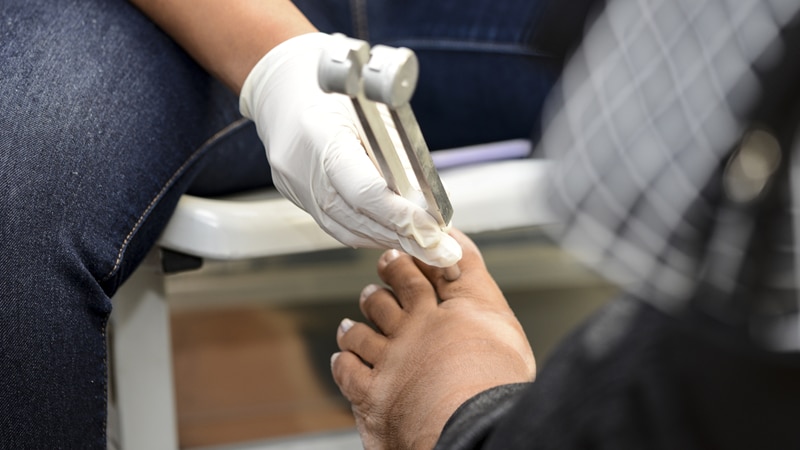

Long-Term Lymphedema Management
Reach your goals with help from a knowledgeable lymphedema therapist. Learn how to manage your lymphedema at home and check in with a lymphedema therapist periodically as needed.


Wound Prevention
Certain conditions such as diabetes and neuropathy increase your risk for a chronic wound. You may need regular screenings of your feet or the blood vessels in your legs.
Preventing Diabetic Foot Ulcers
If you have diabetes, prevent foot ulcers by participating in DOHC’s foot care program. Depend on us to work with your primary care provider, podiatrist, and other members of your care team to improve your care.
Self-Care at Home
Your wound care provider will help you to take care of the wound at home. To help the wound heal as quickly as possible:
- Change your dressing and clean your wound as recommended by your wound care provider. Do not use iodine, hydrogen peroxide, or antibiotic ointment on the wound unless instructed to do this by your wound care provider. Some of these products damage healthy cells and delay healing.
- Cover your wound in the shower.
- Manage edema carefully as instructed by your wound care provider or lymphedema therapist.
- Eat a healthy diet.
- If you smoke, stop. Smoking makes it harder for your body to heal. Get help from DOHC to quit.